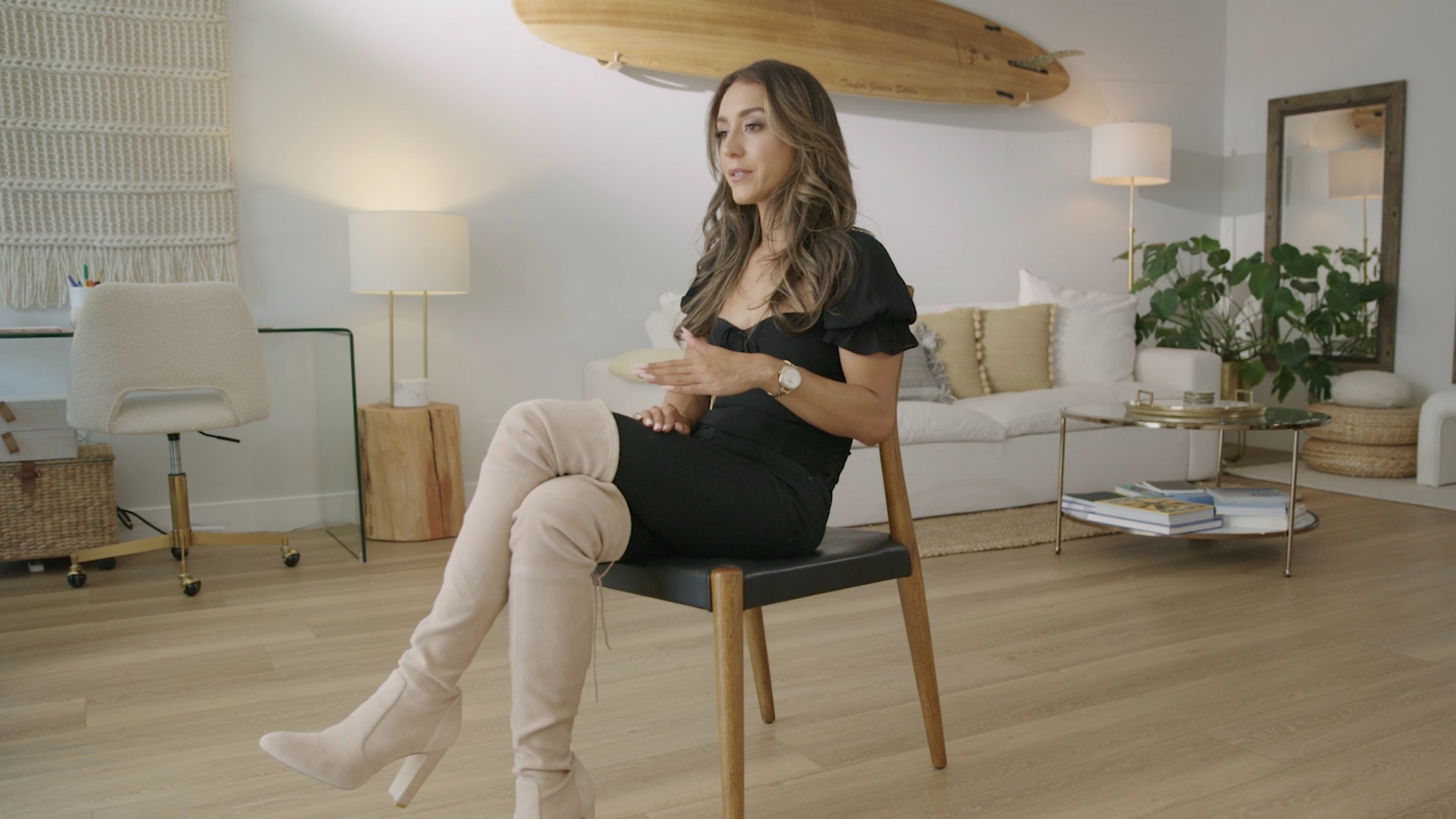Exactly What I Look For In My Filmmaking Contracts
Feb 01, 2025
Let’s talk about contracts.
I’m not going to lie, I used to dread looking at contracts.
It felt like a mountain of fine print that went way over my head.
But when I stopped fearing them and started getting curious…everything changed.
I started to think of contracts as tools.
The more I learned to sharpen the tools in my tookbox, the more agency I could have over my career.
And today I’m going to share with you my experience negotiating contracts across multiple branded & commercial and film & TV projects.
This list is the starting point of exactly what I look for when reading contracts.
Disclaimer: this is not legal advice (I'm not a lawyer), this is what I personally prioritize in my own contracts at a high-level.
What Most Filmmakers Overlook
“But my agent/manager/lawyer will handle it.”
I’ve heard this too many times to count.
You can have the most amazing entertainment lawyer, agent, or manager in the biz, but you’re the one who’s signing the deal.
I also absolutely love my entertainment lawyer and agent.
I rely on my team heavily for their knowledge and expertise in negotiating and satisfying the industry standard.
But at the end of the day, I prefer to know what I’m agreeing to.
I’ve realized asking questions (even if they feel dumb) and collaborating with my team as much as possible is the sure shot way to have the most successful outcome.
But remember, leverage comes with experience and precedent.
So don't expect to get everything you're asking for right away.
Be prepared to make concessions, especially if you're in the beginning of your career.
My Top 4 Contract Priorities
Understanding deal points and terms means understanding the rights and future of your business.
With that said, here are the top points I look for in any contract.
There are many more that I can’t get to today, but these are my basics.
1. Credit
What credit will I receive on the project?
Where will the credit show up? (i.e. opening credits, end credits, video description, social media captions/tags)
Often times when I’m working on branded or content, I won’t be credited the same way I am on my film & TV projects.
In film & TV shows, my credit will pop up in the opening/end credits.
In branded & commercial content, my credit has been given in the caption, a tag, or the end credits.
In some cases, no credit is written.
This will often happen with larger global brands, it’s usually just company policy.
As you get more experience and gain more precedent, your preferred credit and placement can be easier to obtain.
But sometimes you simply just won't get a credit.
And its up to you to decide whether other areas still make the project worth it or not.
Which leads me to my next point I always look for.
2. Publicity
Am I allowed to share the project on my personal portfolio and social media channels?
Am I allowed to share that I am involved in the project as the director/producer/creator?
In my experience, the ability to promote projects I am a part of helps set me up for the next opportunity.
For example, I typically have an "executive producer" credit on screen for my unscripted TV shows.
I don't have a "created by" credit on screen, but I can still share that I am the creator of the show on my own channels and in my own press.
This has been key for me in recent years.
3. Compensation
This one is straightforward.
How much money am I earning?
Am I being paid a day rate, weekly rate, flat rate, or hourly rate?
How will payments be split up? (i.e. 50% upfront, 100% upon completion, etc.)
When am I getting paid? (i.e. immediately upon completion, Net 30, Net 60, bi-weekly, etc.)
As a freelancer and business owner, the timing of my payments is just as important as the amount.
4. Creative Involvement
How much say do I have in creative decision making?
What are my creative responsibilities?
Is there an approval process?
Who gets final sign off?
I try to get as specific as possible to ensure I know what's expected of me.
Just because I create and sell a concept doesn't mean I automatically have weight in the creative decision making.
I like to spell out what I want as much as I can.
If I want to be a part of casting, pre-production, interviewing, shot list creation, post-production process, and feedback rounds...I just name it.
I also always consult with my team to keep my asks within reason.
I definitely don't want to be that annoying creative who is making asks out of left field either.
I've learned to find a balance.
Summary
Here are my top 4 priorities when reading and negotiating contracts:
1. Credit
2. Publicity
3. Compensation
4. Creative input

